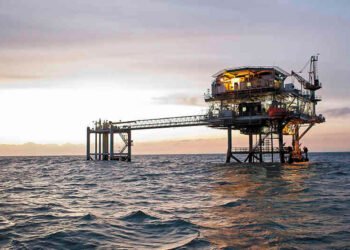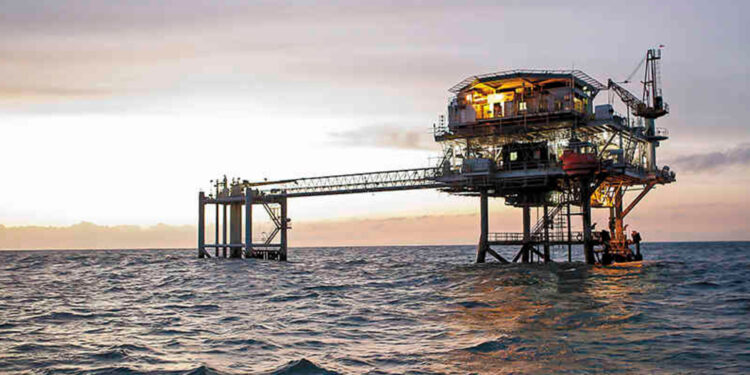Iranian Foreign Minister, Abbas Araghchi has stressed that his country is willing to negotiate the International Atomic Energy Agency (IAEA) with the over its compliance with safeguards on its nuclear programme but will not do so “under pressure and intimidation.”
This came after Araghchi met IAEA Chief, Rafael Grossi in Tehran.
In a post on X, the Iranian Foreign Minister described their interaction as “important and straightforward.”
“As a committed member of NPT [the treaty on the non-proliferation of nuclear weapons] we continue our full cooperation with the IAEA. Differences can be resolved through cooperation and dialogue.
“We agreed to proceed with courage and good will.”
Abbas Araghchi
Araghchi added that Iran has never left the negotiation table on its peaceful nuclear programme. “The ball is in the EU/E3 court,” he noted, referring to the United Kingdom, Germany and France.
The last part could be read as a warning to incoming US President Donald Trump, who unilaterally pulled the US out of the Iran nuclear agreement and reimposed sanctions.
Iran has always maintained its nuclear programme is an entirely peaceful civilian one, an assertion that has been doubted by some western observers, in particular the US and Israel, who have accused Tehran of seeking nuclear weapons. Israel has never officially declared it has a nuclear weapons capability, but is widely believed to do so.
Concrete Results Needed Over Iran Nuclear Programme

On his part, Rafael Grossi, Director-General of the International Atomic Energy Agency said that it is important to make progress with Iran in order to avoid the possibility of war.
Grossi was speaking in Tehran at a press conference, after a visit aimed at improving the inspection regime for Iran’s nuclear facilities.
“It is indispensable to get, at this point in time, to some concrete, tangible, visible results that will indicate that this joint work is improving the situation … and in a general sense is moving us away from conflict and ultimately war.”
Rafael Grossi
In a joint news conference with Mohammad Eslami, the Head of the Atomic Energy Organization of Iran, Grossi said that given the “serious circumstances in the region,” he was determined to make the talks “successful.”
“The fact that international tensions and regional tensions do exist – this shows that the space for negotiation and diplomacy is not getting bigger, it is getting smaller.”
Rafael Grossi
Grossi has said that while Iran does not currently have a nuclear weapon, it does have plenty of enriched uranium that could eventually be used to make one.
Iran has been accused by the west of using its nuclear programme in an attempt to make weapons. Iran has argued it is a peaceful civilian energy programme.
Eslami said that he looked forward to “mutually constructive and effective talks under the present circumstances.”
However, he warned against any resolution that interfere with Iran’s nuclear programme.
“Any interventionist resolution in the nuclear affairs of the Islamic Republic of Iran will definitely be met with immediate countermeasures.”
Mohammad Eslami
The IAEA chief is also expected to meet Iranian President, Masoud Pezeshkian, who told the UN General Assembly in September that he wants to open a “constructive” chapter in his country’s international relations and was “ready to engage” with the West over Iran’s nuclear programme.
Before his trip, Grossi had appealed to Iran’s leaders to take steps to resolve longstanding issues with his agency, including a push for more monitoring cooperation at nuclear sites and an explanation of uranium traces found at alleged undeclared sites.
However, little has come from his efforts and with the return of Trump, who is widely expected to restore a maximum pressure policy on Iran, Grossi’s trip should provide indications of how Iran wants to proceed in the coming months.
READ ALSO: Bawah Highlights NDC’s Data-Driven Campaign, Mahama’s Vision




















